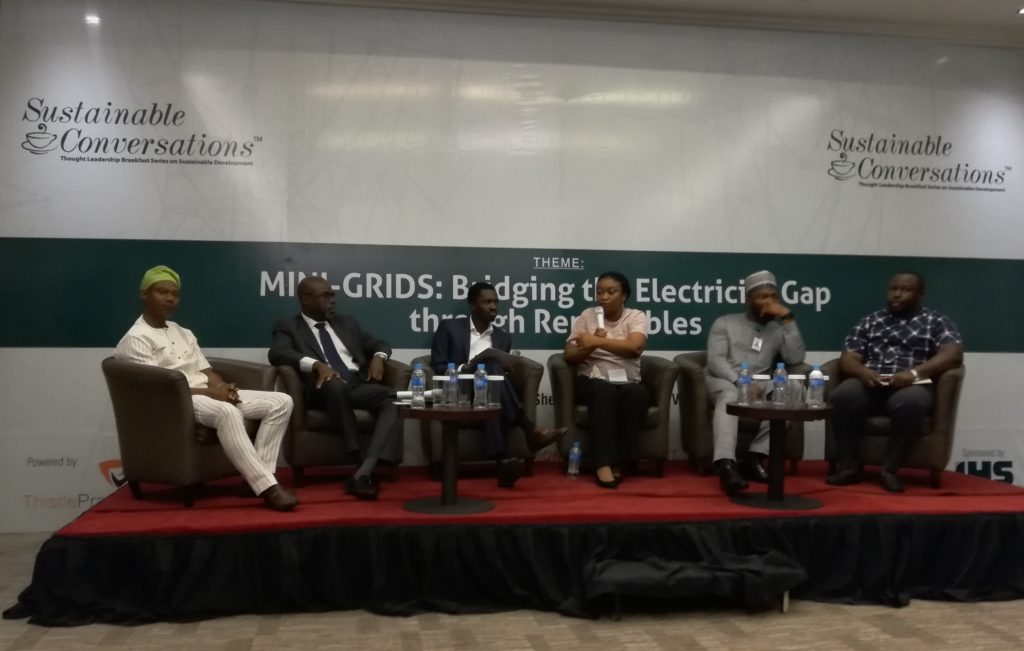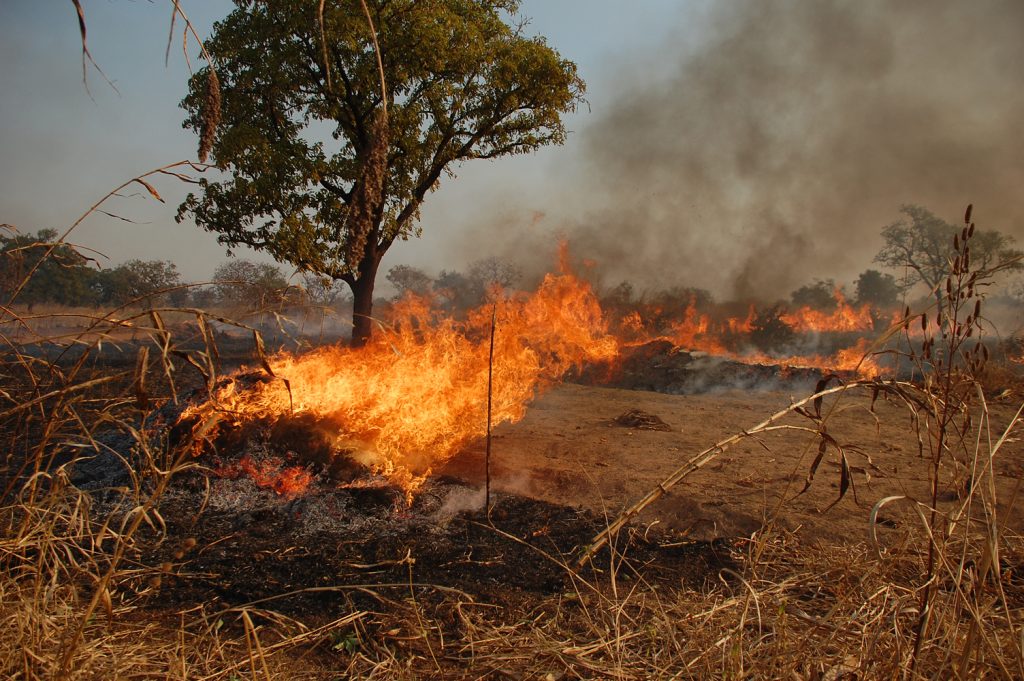Mini-Grids: Bridging the Electricity Gap Through Renewables.

“Renewables are a central pillar of SDG7 and they represent one of the most effective and economical means available in the pursuit of universal energy access” – Rabia Ferroukhi, Deputy Director of Knowledge Policy and Finance, International Renewable Energy Agency. Nations both developed and underdeveloped are coming to the realisation that modern energy is key […]
COMBATING CLIMATE CHANGE AND ITS IMPACT IN NIGERIA

Climate change is a global issue that calls for urgent attention. Nigeria happens to be one of the most vulnerable countries to the harshest impacts of climate change. As a nation, we feel the burden of climate change in our everyday lives, whether directly or indirectly. Causes of climate change in Nigeria Climate change is […]
